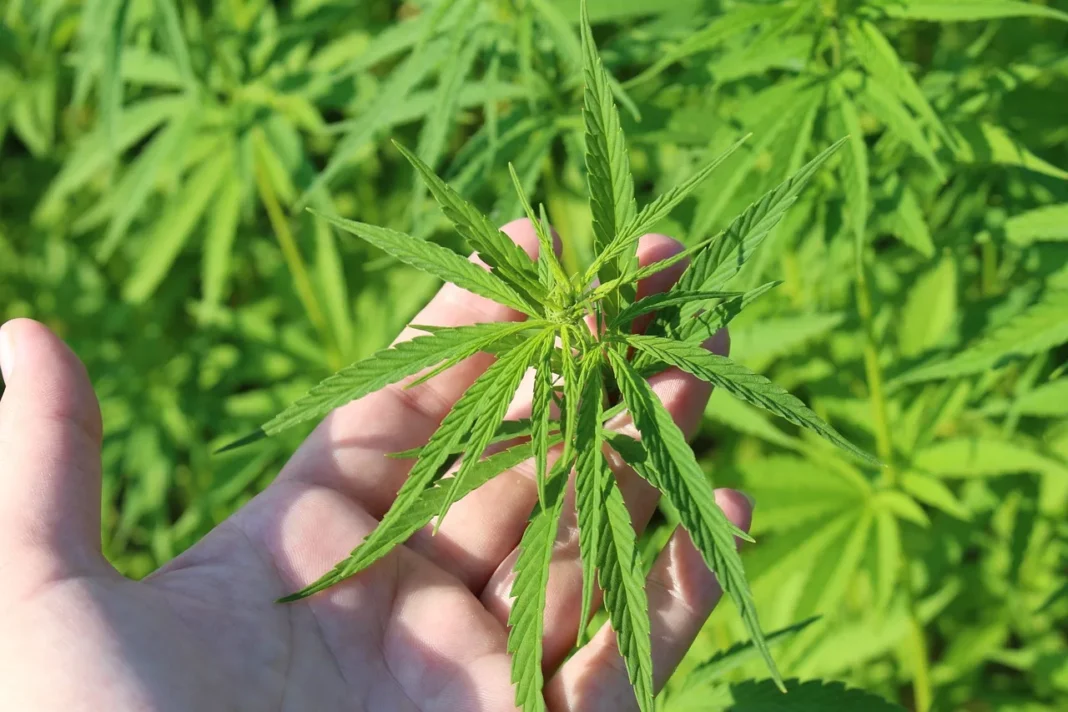Efforts to close the so-called ‘hemp loophole’ in the US, which would have banned the sale of hemp-derived products containing any detectable amount of THC, could be postponed by a year, giving operators room to adapt their operations.
In the midst of the continuing scramble in the US to pass the massive and far-reaching spending bill that will be passed for next year, the fight for survival for both the hemp and the industrial industries, as well as the industry’s ability to produce cannabis, is at the forefront.
The influential US Senate Committee approved a new bill that will significantly limit the sale of products made from hemp that have any detectable level of THC. In response to the concerns of several senators the law includes an additional year of delay.
The measure is part of Senate Appropriations Committee’s Agriculture-FDA 2025 spending bill. It aims to amend language from the 2018 Farm Bill which legalised industrial hemp that contains less than 0.3% THC delta-9 by weight. However, there are concerns raised about the overreach and the threat it poses to the industry.
This bill closely mirrors a version passed by the House Appropriations Committee last month and would prohibit the manufacture and sale of consumable hemp products containing any ‘quantifiable’ amount of THC, of all types.
In the Senate’s version, a federal report on the impact of the proposed policy is included. This makes it distinctly different from the House bill. This report will be submitted within 180 days after enactment and assesses the impact of the policy on the cannabinoid market. It also recommends standards for labeling, packaging, testing and reporting adverse events.
Mitch McConnell of Kentucky, Senate Minority Leader (R), is leading the effort to regulate this sector. He said so during a committee hearing.This language in the Farm Bill 2018 had unintended consequences that allowed hemp-derived products to be manufactured and sold throughout our nation.
He argued that the original intent of the 2018 Farm Bill was to support a legitimate agricultural hemp industry, not to enable a market for ‘lab-made, unregulated, intoxicating substances.’
Rand Paul (R – KY), who is another major supporter for hemp legalization, has warned that the legislation could render the sale of CBD oil commonplace illegal. He introduced a different bill called the HEMP Act which increases the THC limit of hemp while establishing clearer guidelines to manufacture CBD.
The industry has echoed the concerns. US Hemp Roundtable warned that, in its current form, the bill could ban over 90% hemp-derived products for consumer use, including CBD-based items with trace amounts of THC.
Jonathan Miller, general counsel, U.S. Hemp Roundtable said in a press release: “Senator McConnell had hemp right when he passed the 2018 Farm Bill and again yesterday, when he stated that we must prohibit harmful synthetic products and copies, as well as keep all hemp products away from children.
The way it’s done is important. U.S. Hemp Roundtable thinks that regulation and not prohibition is the way to go.
This regulation protects hemp farmers as well as the $28 Billion economic engine of the hemp industry, while providing the protections sought by the Senate. It is wrong to ban more than 90 percent of the hemp-based products.
“We thank Senator Merkley, who has negotiated an one-year extension of the deadline for implementation. This will give time to make any necessary changes to the text that was adopted today. In the months to come, we look forward working with members of Congress on this important goal.
Although lawmakers in both chambers must reconcile differences in their proposals, analysts from the hemp industry believe that the combination of these proposals marks a turning point on the US policy for hemp.
Even though the implementation has been delayed by one year, the industry is still very concerned. Due to current extraction methods, CBD products are rarely completely free from THC. This means that they could fall under the proposed ban, even if non-intoxicating.




